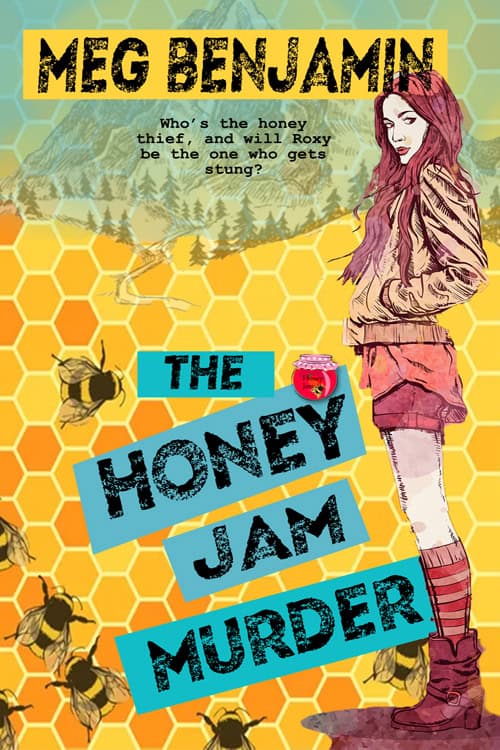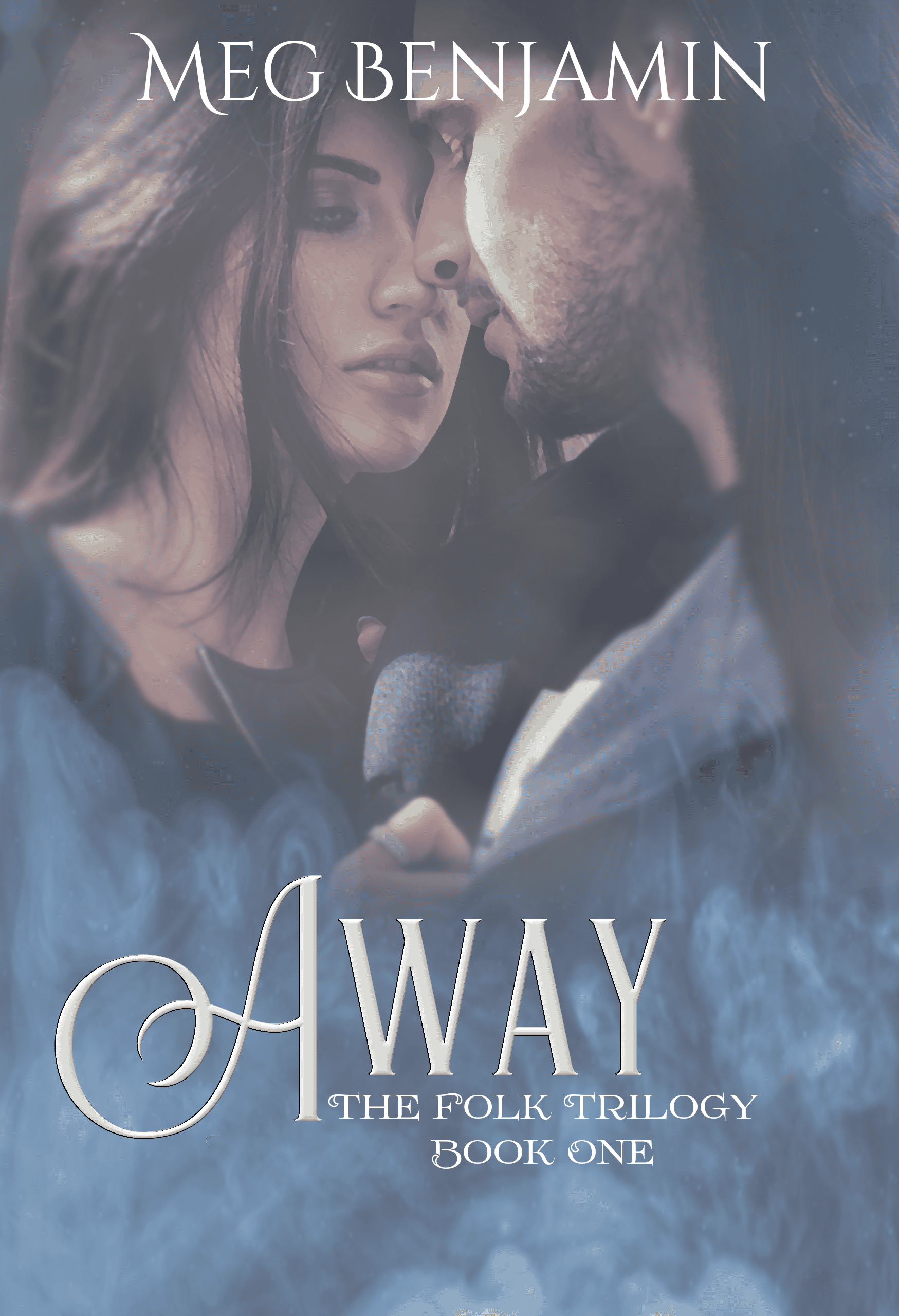Romance Writing For Fun and (Mostly) Profit
I have a friend who’s been trying to publish his novels for several years. He writes literary fiction, with an occasional foray into science fiction and fantasy. He’s come close to publication several times—I’d get a message that he’d gotten an agent or that one of his manuscripts was under review at such-and-such publisher. He even tried screen-writing, and again, his screenplays would get positive comments from someone in the industry and he’d be on the verge of being optioned. But nothing ever worked out for him, although he’s managed to produce lots of manuscripts over the years.
A few weeks ago, this friend asked me to lunch. He wanted to ask me a few questions about electronic publishing. As it turned out, he was very excited about electronic publishing in general. But more specifically, he was very excited about the possibility of electronic publishing in romance.
Now this friend has always been somewhat lukewarm about romances, including mine. In general, he seems to feel that romance is a second-rate genre, and that it didn’t take much talent to write one. Now, however, he’s seen that electronic publishing in romance has been growing by leaps and bounds. To make a long story short, he figured that with all the new electronic publishers around, he could knock out a few romance novels and get them published in no time at all.
As you might imagine, I did my best to disabuse him of this idea. His opinion about romance writing isn’t all that uncommon, though. A lot of people who write literary fiction are convinced that popular fiction in general (and frequently romance in particular) is easy to write, and that anyone who can handle literary fiction can certainly turn out publishable pop fiction with one hand tied behind his/her back.
I think the reason this opinion keeps turning up is the fact that pop fiction genres frequently depend on conventions, while literary fiction is, at least nominally, less convention-bound. Romance has several, of course—the happy ending is the most common, but you’ve also got minor conventions and tropes that show up repeatedly in various romance subgenres. Romance writers (and readers) know them well and have come to rely upon them. But the mistake these literary writers make is in thinking that all a writer has to do is plug those conventions in and voila, instant bestseller.
Now I still judge contests occasionally, and I’ve read a lot of wannabe romances in my time. I’m here to tell you, plugging in conventions is only a small part of what it takes to write a successful romance novel. Most contest entrants can use the conventions of whatever subgenre they’re working in, but only a few of them can do it in a way that makes you want to go on reading. There’s a vast difference between a contest entrant who knows that a Regency heroine is supposed to dance at Almack’s and a Julia Quinn who knows how to make that dance into something you’re really dying to read about. Like everything else in writing, handling conventions is a matter of skill.
I wished my friend luck, but I also tried hard to nudge him in the direction of science fiction and fantasy. At least he’d already had some experience and success in those genres, and they’re also areas where electronic publishing is increasingly widespread. He might actually be able to get one of his old manuscripts into shape for a publisher. But his chances of succeeding in romance writing, given that he doesn’t really read romance novels and also doesn’t like them much, are slim.
Electronic publishing has made it easier for more people to get their books into print, but it hasn’t made it any easier to write a good romance any more than it’s made it easier to write good literary fiction. And all popular wisdom to the contrary, good romances are still what publishers (electronic and otherwise) are looking for.
Posted in Blog • Tags: literary conventions, literary fiction, On Writing, romance writing | 2 Comments









“Electronic publishing has made it easier for more people to get their books into print, but it hasn’t made it any easier to write a good romance any more than it’s made it easier to write good literary fiction.”
Oh, bravo!! Very nicely said.
Thank you, ma’am!